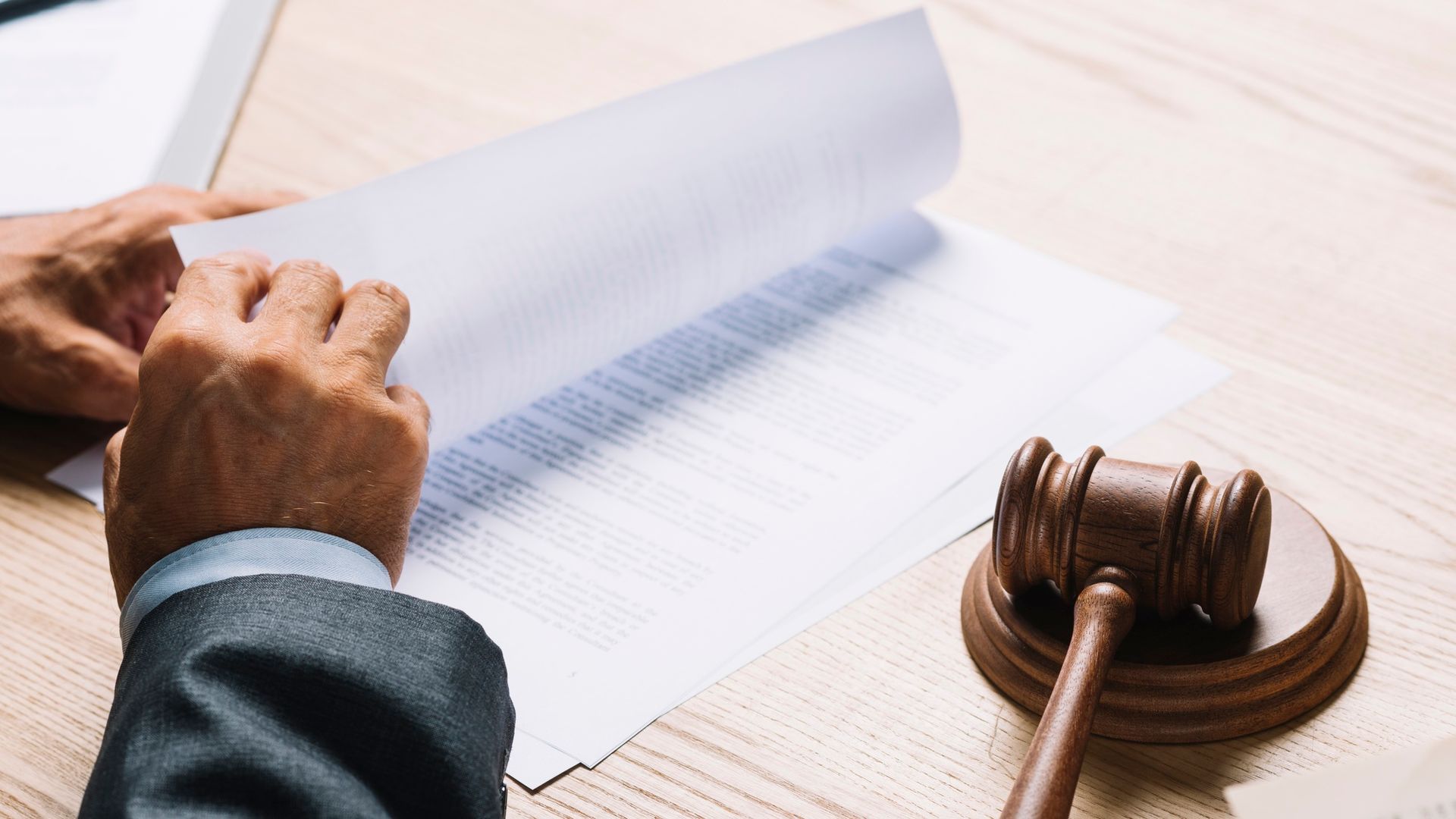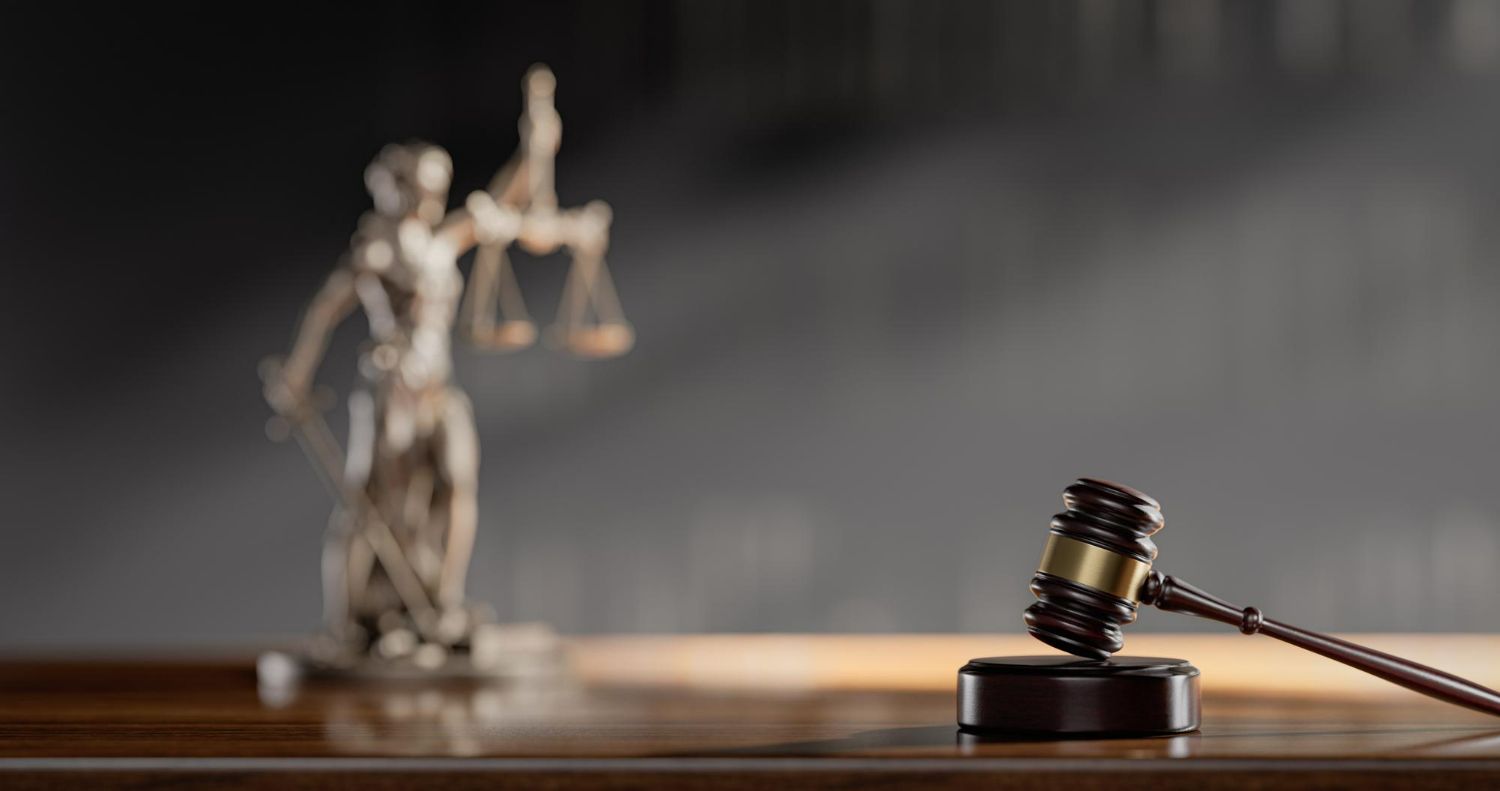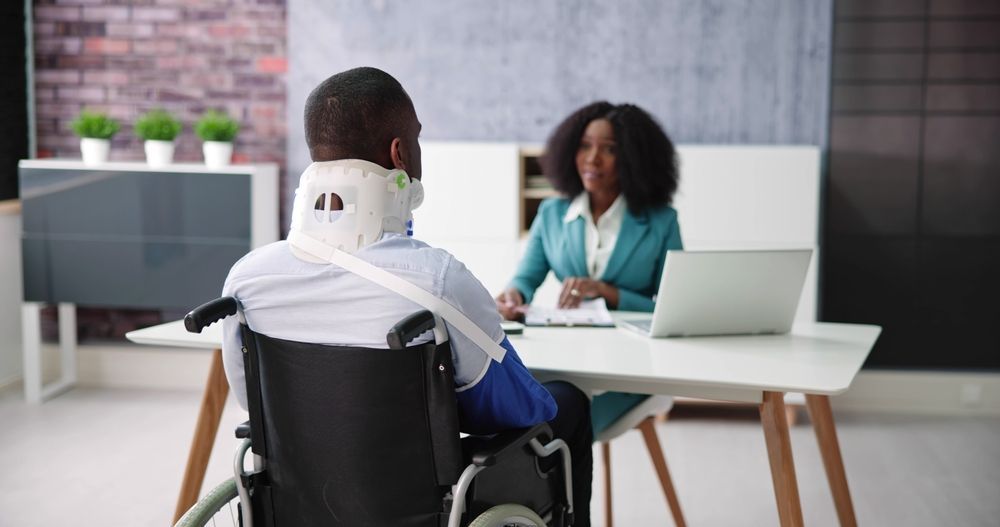Planning Ahead – Why You May Need a Personal Directive
Planning ahead for medical emergencies or end-of-life care can be a difficult and uncomfortable topic to consider. However, taking the time to create a personal directive can provide peace of mind and ensure that your wishes are respected if you become unable to make decisions for yourself. In this blog post, we will discuss what a personal directive is and why you may need one.
What is a Personal Directive?
A personal directive is a legal document that outlines your wishes regarding healthcare and personal care decisions if you become unable to make these decisions for yourself. It is a written record of your values, beliefs, and preferences for medical treatment, end-of-life care, and other personal matters. A personal directive only comes into effect if you become unable to make decisions for yourself due to injury, illness, or other circumstances.
Why You May Need a Personal Directive
There are several reasons why you may need a personal directive, including:
Ensuring Your Wishes are Respected
A personal directive allows you to express your wishes for medical treatment and end-of-life care in a legally binding document. This ensures that your wishes are respected and followed if you become unable to make decisions for yourself. Without a personal directive, decisions regarding your healthcare and personal care may be made by others who may not be aware of your wishes or values.
Reducing Family Conflict
If you become unable to make decisions for yourself and do not have a personal directive in place, your family members may be left to make decisions on your behalf. This can lead to family conflict and disagreement regarding what decisions should be made. By creating a personal directive, you can reduce the likelihood of family conflict and ensure that your wishes are respected.
Avoiding Court Intervention
If you become unable to make decisions for yourself and do not have a personal directive in place, a court may need to intervene to appoint someone to make decisions on your behalf. This can be a time-consuming and expensive process that can be avoided by creating a personal directive.
How to Create a Personal Directive
Creating a Personal Directive can be a fairly complex ordeal. This should be done with a lawyer to gather all of the necessary details and go through any questions you may have.
It's important to note that a Personal Directive is not the same as a Goals of Care Designation (GCD) form. A GCD form is a separate document that you fill out with your physician to outline your goals for care in various medical scenarios. Your Personal Directive works in conjunction with your GCD to ensure that your wishes are respected, even if you're unable to communicate them.
Choosing an Agent
Choosing an agent is an important decision that should not be taken lightly. Your agent should be someone you trust to make decisions that align with your values and beliefs. They should also be someone who is willing and able to make those decisions on your behalf.
When choosing an agent, it's important to have a conversation with them about your wishes and what you would want in various medical scenarios. This can help ensure that they understand your values and beliefs and can make decisions that align with them.
It's also important to have a backup agent in case your first choice is unable or unwilling to act as your agent. This can help ensure that you always have someone to make decisions on your behalf if you become incapacitated.
Reviewing Your Personal Directive
Once you've created your Personal Directive, it's important to review it periodically to ensure that it still reflects your wishes. You may need to update it if your medical condition changes or if your values or beliefs change over time.
It's also important to provide a copy of your Personal Directive to your agent, your physician, and any other healthcare providers who may be involved in your care. This can help ensure that everyone is aware of your wishes and can make decisions that align with them.
Contact Sinclair Law Office
If you're interested in creating a Personal Directive or have questions about the process, contact SinclairLaw Office. Our team can help guide you through the process and ensure that your wishes are respected in the event that you're unable to make healthcare decisions for yourself.










